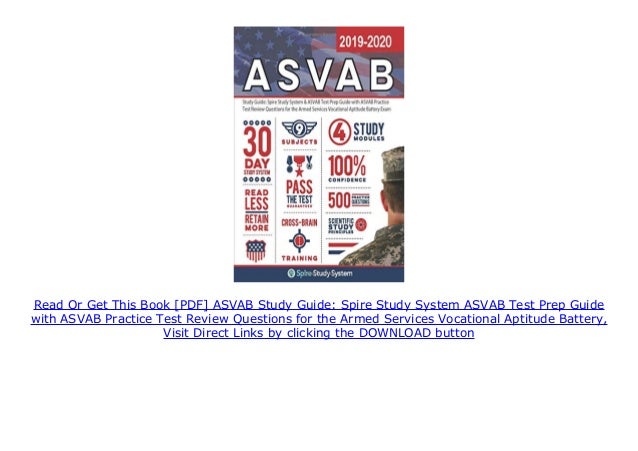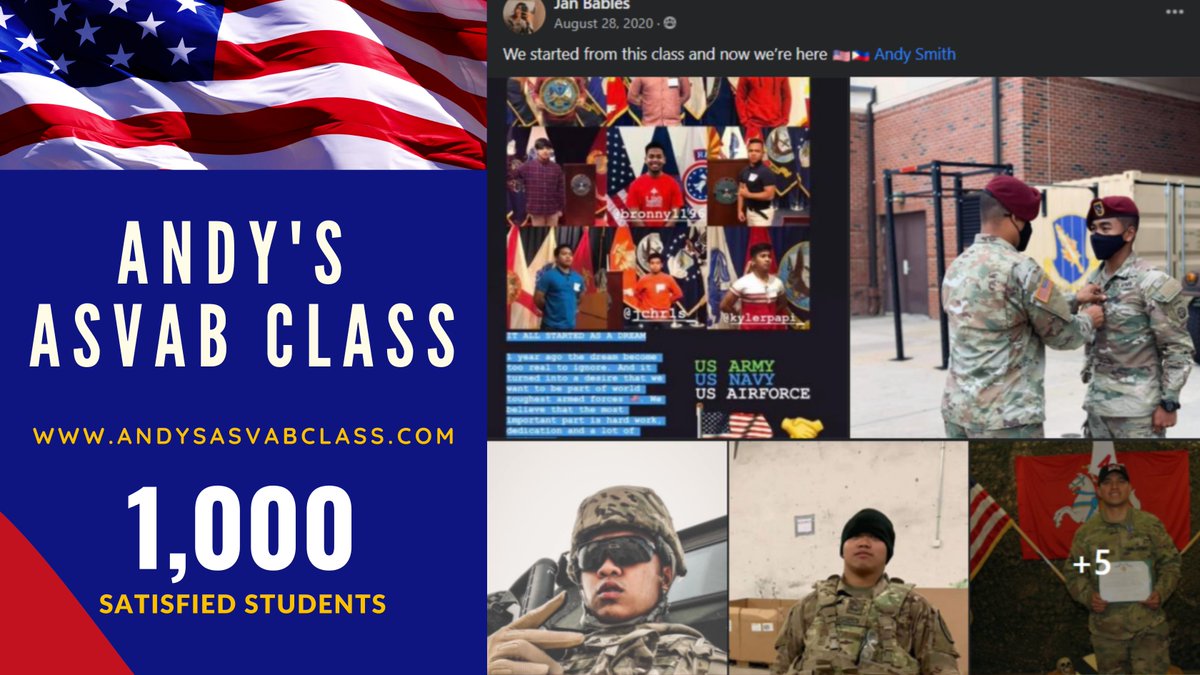5 ASVAB Test Tips

Introduction to the ASVAB Test

The Armed Services Vocational Aptitude Battery (ASVAB) test is a multiple-choice test administered by the United States Military Entrance Processing Command. It is used to determine a person’s qualification for enlistment in the military and to identify which Military Occupational Specialties (MOS) they may be eligible for. The test is divided into nine individual tests, each measuring a specific area of knowledge or skill. In this article, we will provide five ASVAB test tips to help you prepare for the exam.
Tip 1: Understand the Test Format

The ASVAB test is a timed test, and it is essential to understand the format and time limits for each section. The test is divided into two main categories: the Armed Forces Qualification Test (AFQT) and the Career Exploration Segment. The AFQT section is used to determine eligibility for enlistment, while the Career Exploration Segment is used to identify potential career paths. Understanding the test format and time limits will help you manage your time effectively and ensure that you complete all the questions.
Tip 2: Focus on Your Weaknesses

To improve your scores, it is crucial to identify your weaknesses and focus on improving those areas. Use practice tests and study materials to identify areas where you need improvement. Once you have identified your weaknesses, create a study plan that targets those areas. For example, if you struggle with math, focus on practicing math problems and reviewing math concepts.
Tip 3: Use Effective Study Techniques

Developing effective study techniques is vital to improving your ASVAB scores. Some effective study techniques include: * Creating flashcards to help you memorize key terms and concepts * Using practice tests to simulate the actual test experience * Reviewing study materials regularly to reinforce your learning * Joining a study group or finding a study buddy to stay motivated * Getting enough sleep and exercise to help you stay focused and alert during the test
Tip 4: Manage Your Time Effectively

Time management is critical on the ASVAB test. You need to allocate your time wisely to ensure that you complete all the questions. Here are some tips to help you manage your time effectively: * Read the instructions carefully and understand the time limits for each section * Allocate your time based on the number of questions and the time limit for each section * Use the process of elimination to eliminate incorrect answers and save time * Do not spend too much time on any one question – move on to the next question if you are unsure
Tip 5: Stay Calm and Focused

It is essential to stay calm and focused during the test. A clear mind and a positive attitude can help you perform better on the test. Here are some tips to help you stay calm and focused: * Get plenty of rest before the test to ensure that you are well-rested and alert * Eat a nutritious meal before the test to help you stay focused * Avoid caffeine and sugar, which can cause jitters and anxiety * Take deep breaths and try to relax – remember that it is just a test
📝 Note: Practice is key to improving your ASVAB scores. Use practice tests and study materials to prepare for the test, and do not be afraid to ask for help if you need it.
To summarize, the key to success on the ASVAB test is to understand the test format, focus on your weaknesses, use effective study techniques, manage your time effectively, and stay calm and focused. By following these tips and practicing regularly, you can improve your scores and increase your chances of qualifying for your desired Military Occupational Specialty.
What is the ASVAB test used for?

+
The ASVAB test is used to determine a person’s qualification for enlistment in the military and to identify which Military Occupational Specialties (MOS) they may be eligible for.
How many sections are on the ASVAB test?

+
The ASVAB test is divided into nine individual tests, each measuring a specific area of knowledge or skill.
How can I prepare for the ASVAB test?

+
You can prepare for the ASVAB test by using practice tests and study materials, focusing on your weaknesses, and developing effective study techniques.



